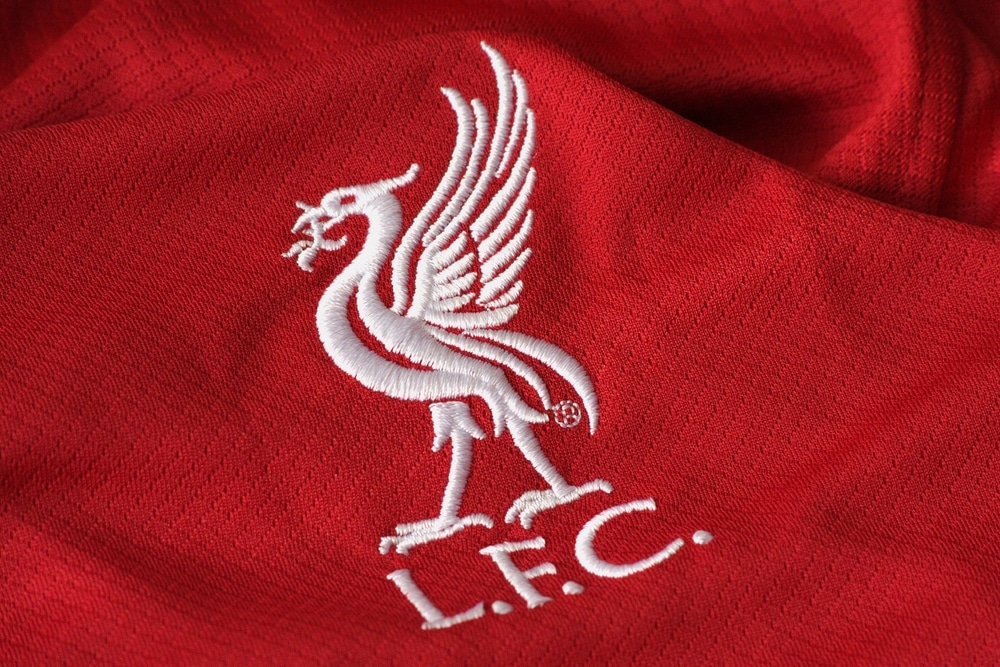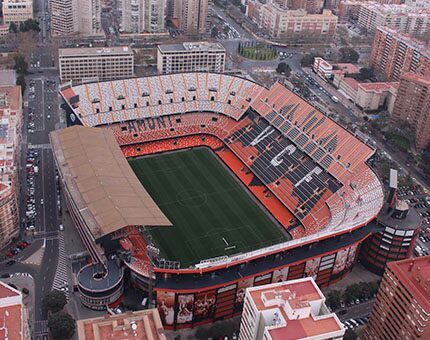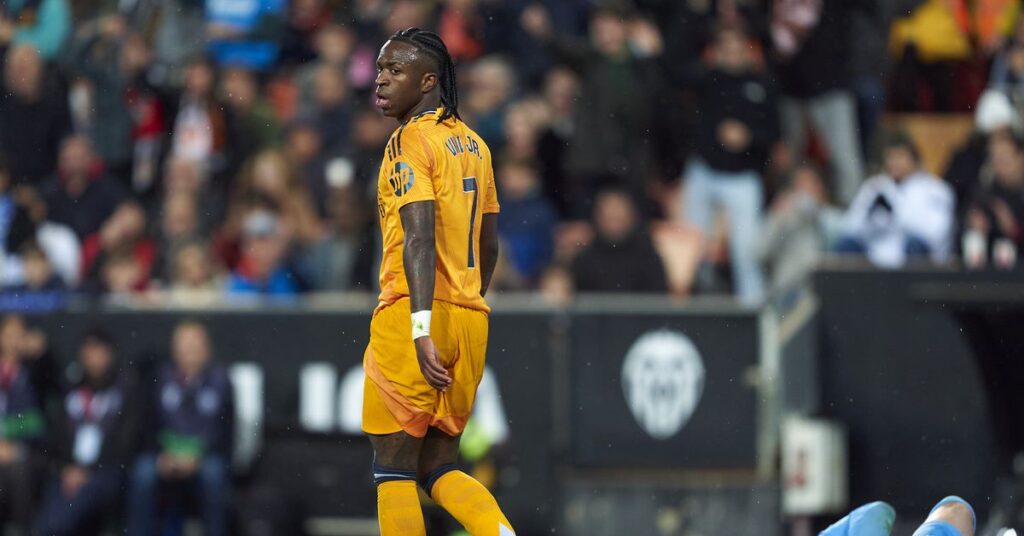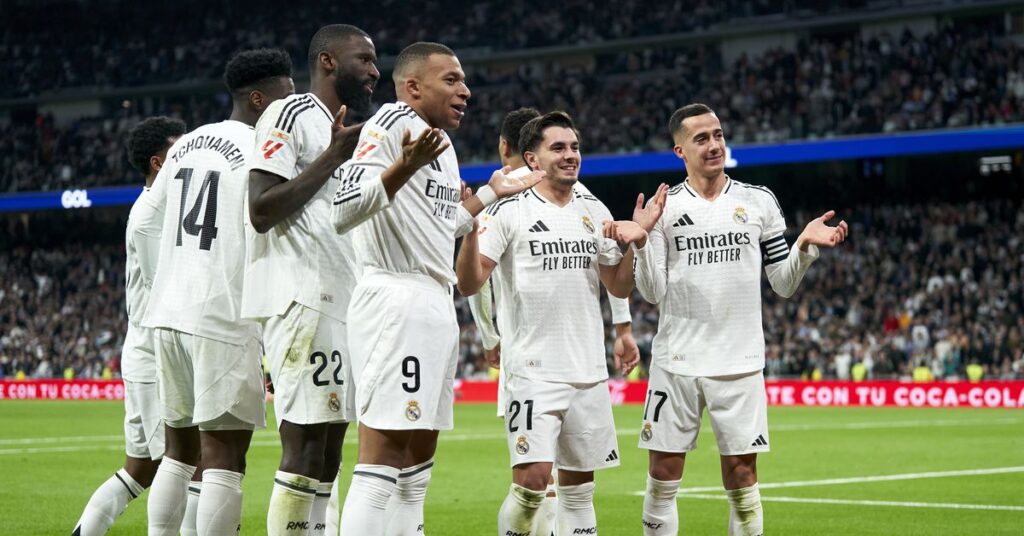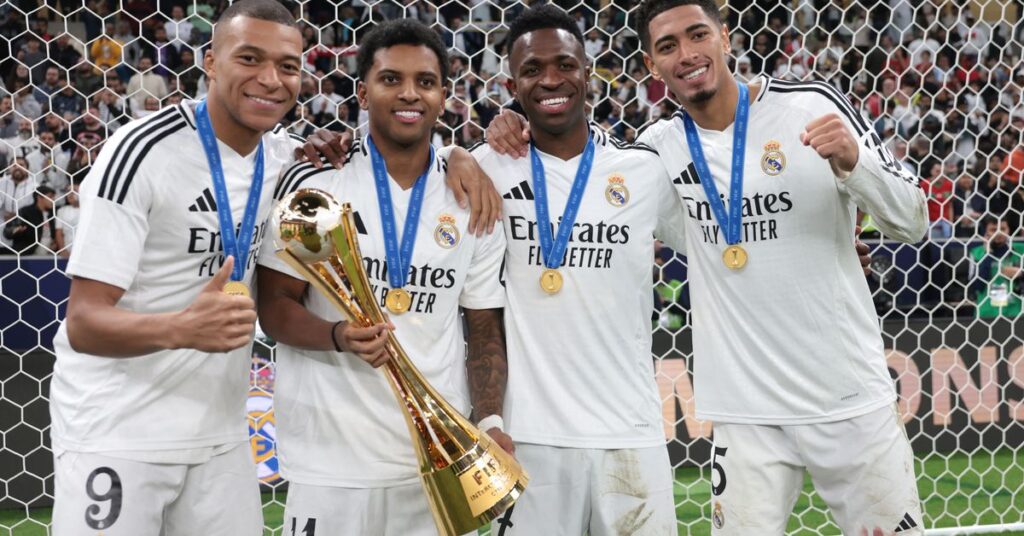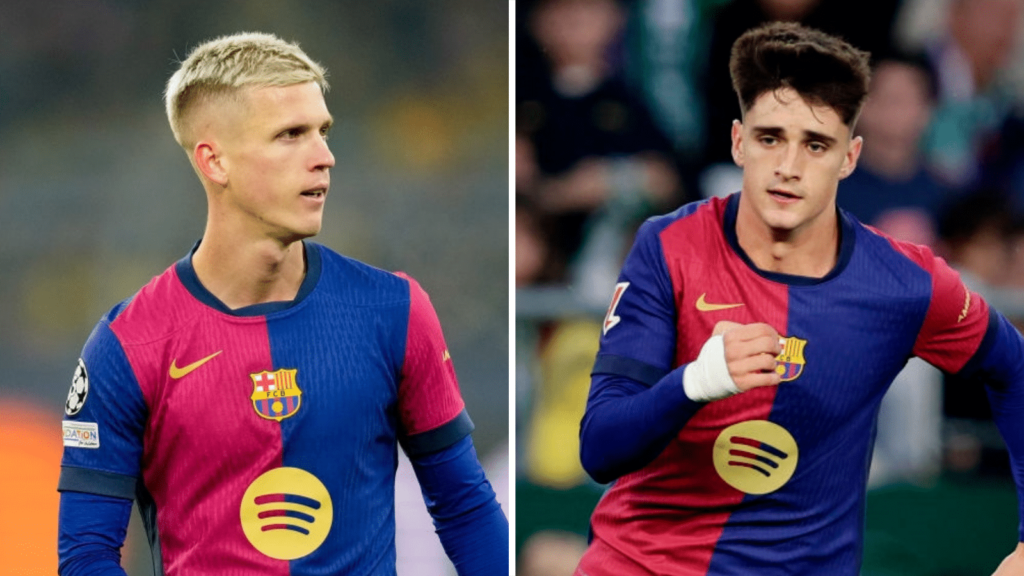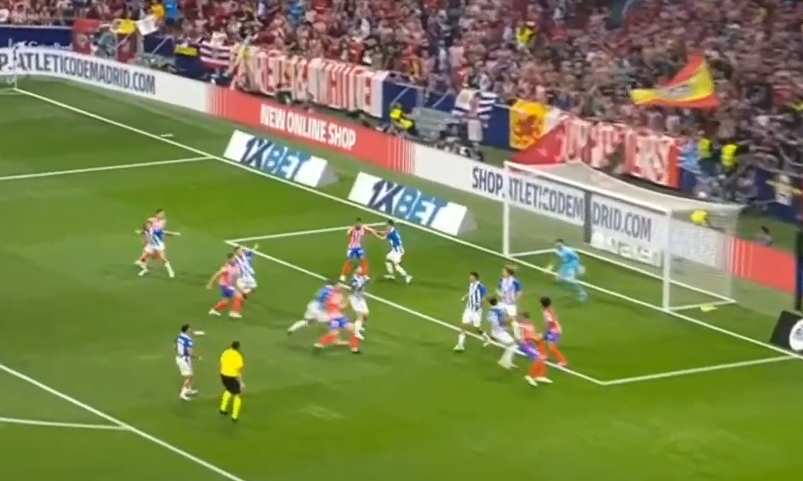Nothing ever surprises in the world of football, but one recent story certainly raised eyebrows after it was reported that Elon Musk, the billionaire CEO of Tesla and SpaceX, had expressed strong interest in buying Liverpool FC.
The revelation comes from Musk’s father, Errol Musk, who shared details in an exclusive interview with Times Radio. While the prospect has sparked excitement among fans, there is one major obstacle: concerns that Liverpool’s current owners, Fenway Sports Group (FSG), could inflate the price of the club if Musk makes a formal offer.
Elon Musk’s interest in Liverpool FC
Errol Musk confirmed his son’s interest in acquiring the iconic Merseyside football club, stating that Musk has been considering the purchase as part of his growing investment portfolio. With an estimated net worth of €394.4 billion ($424.6 billion or £340 billion), Elon Musk could easily afford Liverpool FC’s €4.97 billion ($5.4 billion or £4.3 billion) valuation. . However, Errol cautioned that “just because you’re interested doesn’t mean you’re buying it (at least not right now).”
Musk’s father also revealed a personal connection to the city of Liverpool, explaining that Elon’s grandmother was born in the city and that the family has strong ties to the area. “We have relatives in Liverpool and we were lucky enough to know quite a few of the Beatles because they grew up with some of my family,” he shared, emphasizing the family’s sentimental connection to the club and the region.
Challenges: FSG and the potential sale
Despite Musk’s immense wealth, his father is concerned that Fenway Sports Group, which has owned the club since 2010, may see his interest as an opportunity to increase Liverpool’s price. FSG, an American sports investment group, acquired Liverpool during a turbulent period and has since overseen its transformation into one of the most valuable football clubs in the world.
Under FSG’s management, Liverpool has enjoyed substantial success, including Premier League and Champions League titles, as well as a strong rise in its global fan base and commercial value. The club is currently valued at almost €5 billion, a testament to its growth under the management of FSG.
While Musk’s fortune dwarfs Liverpool’s valuation (his wealth is around 80 times the club’s value), FSG would still have to carefully weigh its options if an offer were made. Selling Liverpool to one of the richest men in the world could result in a huge windfall, but FSG have consistently stated that they remain committed to the club and its future.
The bigger picture: Musk and the world of football
Musk’s interest in Liverpool FC is part of a broader trend in modern football, where ultra-rich investors and corporations are increasingly becoming key players. Vast financial resources have become essential for clubs seeking to compete at the highest level, and billionaires like Musk bring more than just capital: they attract global attention and a vision for the future.
Liverpool FC, with its storied history, global fan base and iconic status, would be an important addition to Musk’s portfolio. If he were to make an official bid, it could mark one of the most dramatic ownership changes in football history.
For now, however, the potential acquisition by Musk remains speculative. As Errol Musk noted, interest does not guarantee a purchase, and any negotiations with FSG would likely involve extensive deliberations over valuation and long-term goals for the club.
Fan reactions and what’s next
The idea of Elon Musk owning Liverpool has already generated mixed reactions from fans. Some are excited by the prospect of one of the richest men in the world investing in the club, which could bring unprecedented financial resources and global innovation. Others, however, are skeptical about the implications of such a high-profile change of ownership, fearing it could prioritize commercial interests over the traditions and spirit of the club.
For now, attention remains on whether Musk will translate his interest into an official offer. If it does, FSG will face one of its biggest decisions since taking over Liverpool FC in 2010.
Whatever happens next, the possibility of Elon Musk entering the world of football has added a fascinating twist to the ongoing conversation about the future of club ownership in the sport. Fans and analysts alike will be closely watching how this story develops.
Main image: Liverpool football club logo on t-shirt. Credit: Shutterstock, Milosz Kubiak

 Workout
Workout
 Meditation
Meditation





 Contact Us
Contact Us
